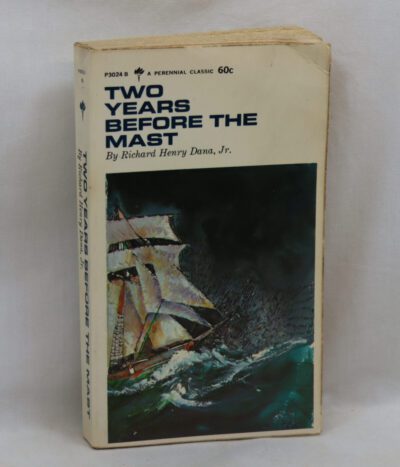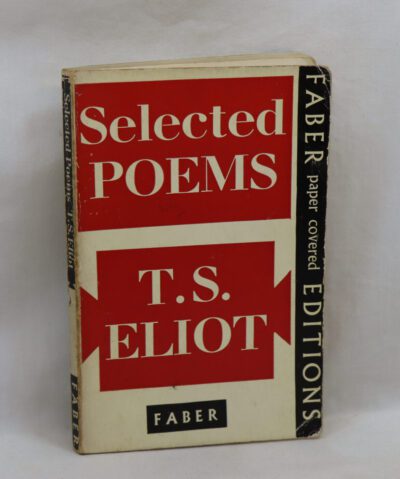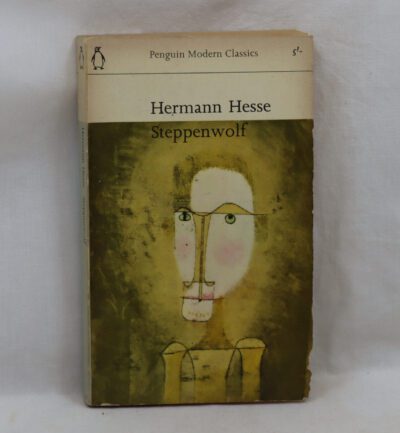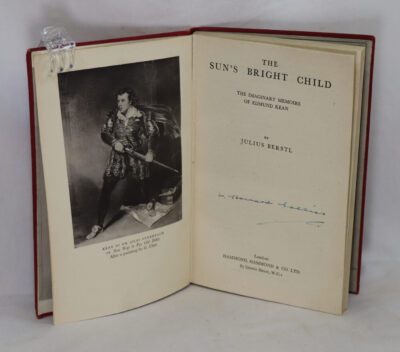The Realm of the Unreal and Other Stories.
By Ambrose Bierce
ISBN: 9780803260719
Printed: 2009
Publisher: The Folio Society. London
| Dimensions | 18 × 25 × 5 cm |
|---|---|
| Language |
Language: English
Size (cminches): 18 x 25 x 5
Condition: Fine (See explanation of ratings)
Item information
Description
In a fitted box. Brown cloth binding with men fighting by moonlight image. Black title on the spine.
F.B.A. provides an in-depth photographic presentation of this item to stimulate your feeling and touch. More traditional book descriptions are immediately available.
Endorsed by F.B.A. – F.B.A. is endorsing a range of collectable lovingly used books
First Folio Edition
“The Realm of the Unreal” is a short story by American Civil War soldier, wit, and writer Ambrose Bierce. It appeared in The San Francisco Examiner on July 20, 1890 and was reprinted in the 1893 collection Can Such Things Be?
The story elaborates the idea of “the realm of the unreal” introduced by Bierce in the 1879 story My Shipwreck.
The Plot – While riding to Auburn, the narrator encounters Dr. Dorrimore and reluctantly gives him a ride to a hotel. He can’t stand Dorrimore, who is a magician of sorts from Calcutta and who stupefied the narrator with his performance five years earlier. The narrator gives the Indian a ride but hopes his interaction with the man will be minimal. He discovers that Dorrimore is staying at the same hotel as him. Shortly thereafter, the narrator’s paramour unexpectedly arrives, and he spends a few weeks thoroughly enjoying her company. He also reluctantly introduces her to Dorrimore. One night, a few weeks later, the narrator is sitting near a graveyard at night when he sees Dorrimore with his love. In a feat of jealousy, he springs forward, “bent upon murder”, and awakens the next morning in his room with bruises on his body and throat. When the narrator asks about his love, he finds out that she has never visited Auburn and that Dr. Dorrimore has left that morning. Later he reads about Dorrimore hypnotizing an entire audience in Baltimore by simply telling them what to see and hear. The magician also claims ‘that a peculiarly susceptible subject may be kept in the realm of the unreal for weeks, months, and even years, dominated by whatever delusions and hallucinations the operator may from time to time suggest.’
Ambrose Gwinnett Bierce (June 24, 1842 – c. 1914) was an American short story writer, journalist, poet, and American Civil War veteran. His book The Devil’s Dictionary was named as one of “The 100 Greatest Masterpieces of American Literature” by the American Revolution Bicentennial Administration. His story “An Occurrence at Owl Creek Bridge” has been described as “one of the most famous and frequently anthologized stories in American literature”, and his book Tales of Soldiers and Civilians (also published as In the Midst of Life) was named by the Grolier Club as one of the 100 most influential American books printed before 1900.
A prolific and versatile writer, Bierce was regarded as one of the most influential journalists in the United States, and as a pioneering writer of realist fiction. For his horror writing, Michael Dirda ranked him alongside Edgar Allan Poe and H. P. Lovecraft. S. T. Joshi speculates that he may well be the greatest satirist America has ever produced, and in this regard can take his place with such figures as Juvenal, Swift, and Voltaire. His war stories influenced Stephen Crane, Ernest Hemingway, and others, and he was considered an influential and feared literary critic. In recent decades Bierce has gained wider respect as a fabulist and for his poetry.
In 1913, Bierce told reporters that he was travelling to Mexico to gain first-hand experience of the Mexican Revolution. He disappeared and was never seen again.
Want to know more about this item?
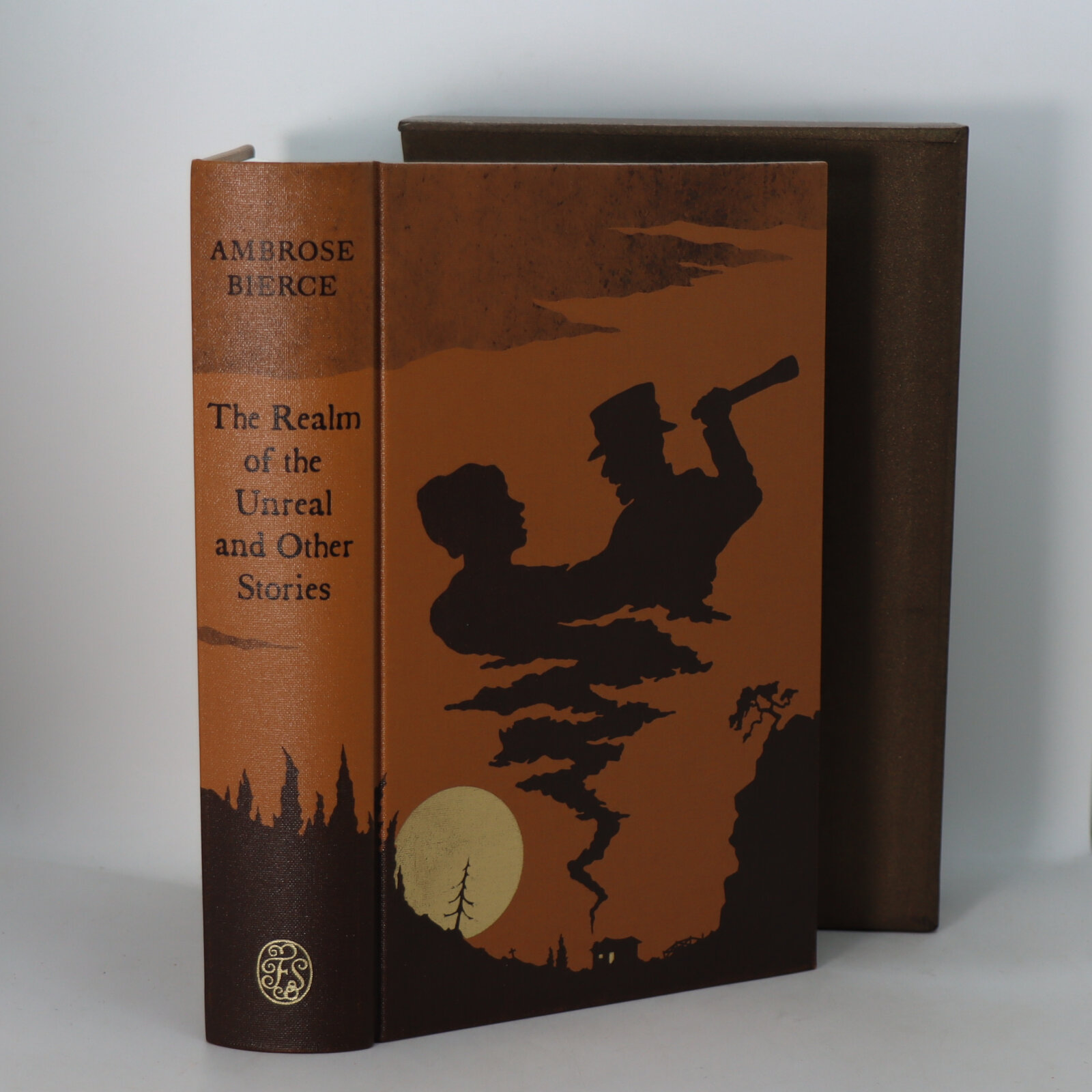
Share this Page with a friend



